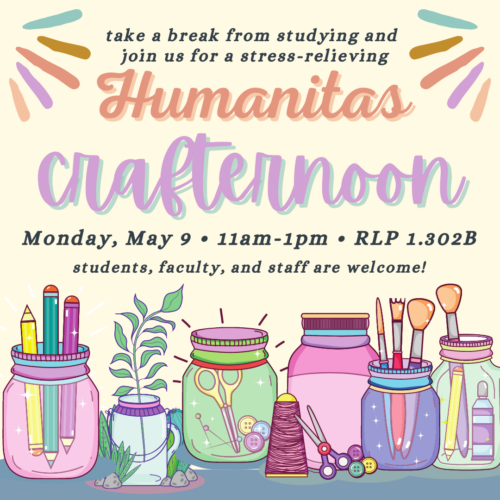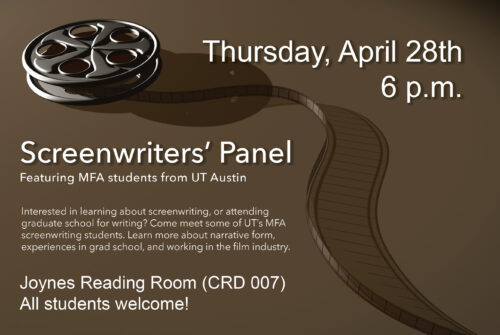Applications are now being accepted for the undergraduate Digital Humanities Certificate: https://liberalarts.utexas.edu/ds/undergraduate/index.php
Two introductory classes will be offered in Fall 2022 and Spring 2023 that count towards the first requirement of the credential.
Fall 2022:
GSD 351D – Identities / Patterns / Code: Digital Approaches to Culture
“What if I could read patterns out of hundreds of texts, and gain new perspectives, create new knowledge about them using digital tools?” This course explores how to read identities as statistical patterns in literary texts, linguistic, cultural and historical corpora with digital methods, and how we can come to a deeper understanding of individual texts and textual phenomena. This course introduces digital research methods, tools and use cases. Students will work hands-on with literary, linguistic, cultural and historical sources – without requiring any previous programming knowledge.
We will start the course with an overview to concepts of “identity”, “patterns” and “models” in literature, culture, and humanities research. Our discussion will show how digital methods and tools transform the way literary, linguistic and culture studies research conceptualize identity, culture, as well as textual phenomena since the 20th century as data patterns and models. This course will consider digital research methods from the perspective of concepts of “identity” and “identities” as intersectional compounds of gender identity, sexual orientation, ethnicity, nationality, culture, religion, social and historical background, variation of physical and mental abilities, etc. – Quantitative-reasoning based digital methods and digital models offer the opportunity to analyse these components as more general patterns at scale, while preserving the complexity of their interconnection. At the same time, digital technology and digital research methods deserve our critical attention as well: do these methods contribute to equality, equity, or may their application introduce biases?
FLAGS: Global Cultures, Quantitative Reasoning
Spring 2023:
RHE 314: Computer Programming in the Humanities
This course introduces students to the fundamentals of computer programming and provides practice in humanities-based exploratory programming. Working through readings, discussions, exercises, and course projects, students will gain familiarity with programming concepts, practice in computational processes, and consider the wider cultural effects of programming. Designed for Liberal Arts majors with no programming experience, the course aims to introduce computational processes through exercises in programming (Python) by providing an online/asynchronous learning opportunity. In addition to the hands-on exercises, students will read selected texts and participate in discussions that will help orient the Liberal Arts major towards understanding computation as a humanistic, rhetorical, creative, and cultural practice.
Please send questions to tclement@utexas.edu.


